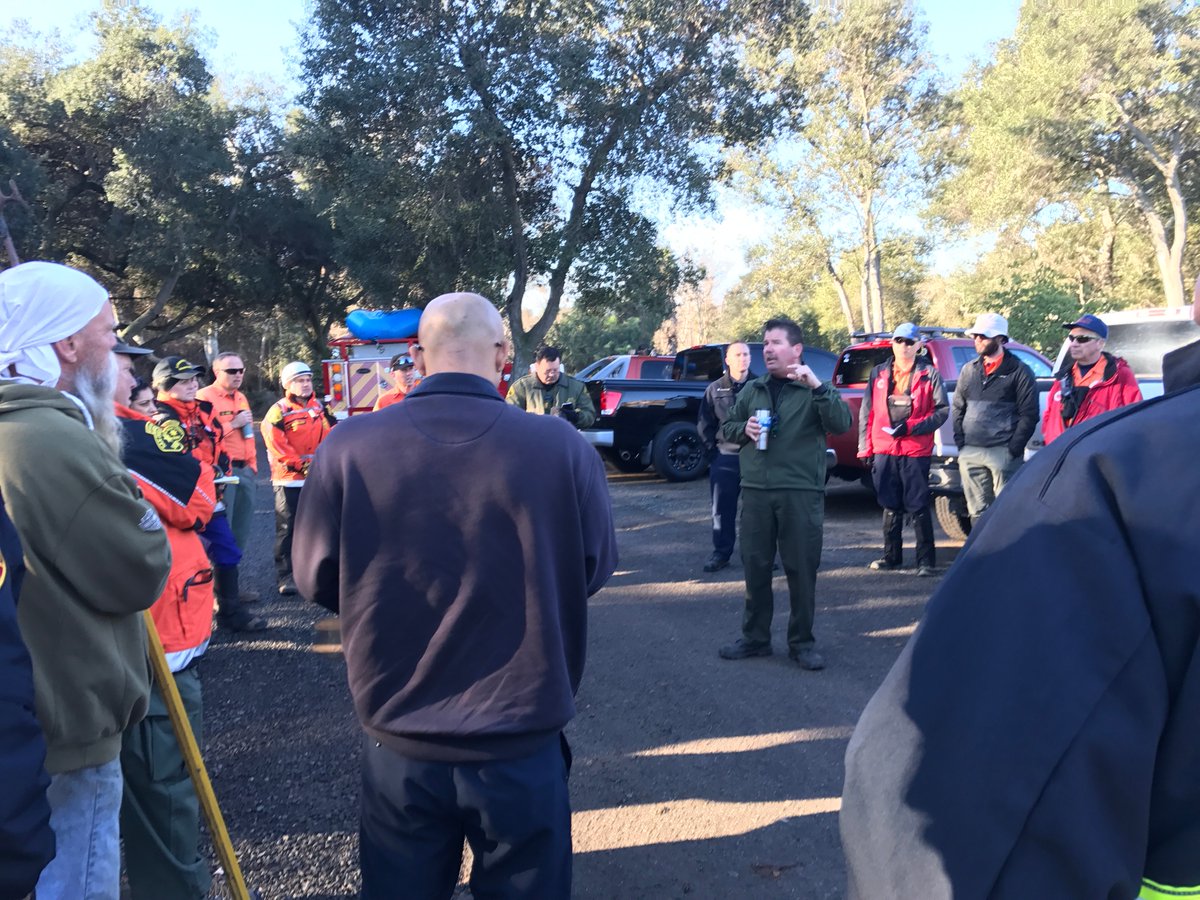VISTA–Military veterans serving jail time in a special veteran-only housing unit are less likely to be convicted for a new crime within 12 months after being released from custody compared to a group of similar veterans being housed elsewhere in local custody, a SANDAG study found.
The study measured the effectiveness of the Veterans Moving Forward (VMF) housing unit at the San Diego Sheriff’s Department’s Vista Detention Facility. The unit opened five years ago in partnership with the San Diego Veterans Administration (VA).
The SANDAG study was funded by the National Institute of Justice and is believed to be the first that included a comparison group and objectively measured effectiveness, according to Dr. Cindy Burke, the principal investigator of the study and director of the Applied Research Division at SANDAG.
“During this evaluation, we were able to see firsthand the safe environment that can be created in a jail setting,” said Burke. “The housing unit allows inmates to work on their underlying issues because there is respect between inmates and deputies, caring staff, and extensive programming that helps inmates address their issues head on and obtain new tools to use when they return home.”
The goal of VMF was to structure an environment for convicted veterans to draw upon the positive aspects of their shared military culture, create a safe place for healing and rehabilitation, and foster positive peer connections. Core program components include mandatory rehabilitative programming, availability of VA staff in the unit, and a less restrictive environment.
Final evaluation results also show that:
- Only 1 percent of VMF clients had a rule violation in custody, compared to 43 percent of the comparison group
- Ninety-five percent of VMF clients would recommend the program to another veteran and 89 percent said the program had prepared them “very well” or “well” for reentry
- Seventy-six percent of VMF clients who identified as homeless at intake had a more stable living situation at six-month follow-up
The average age of the VMF clients in the study was almost 42 years old. Almost three-quarters of the study clients had been in jail previously. The most serious charge associated with the most-recent offense was either drug- (32 percent) or property-related (26 percent).
The Sheriff’s VMF program was established without any special grant funds and has been able to operate through partnerships and the support of volunteers, community-based organizations, and the VA.









